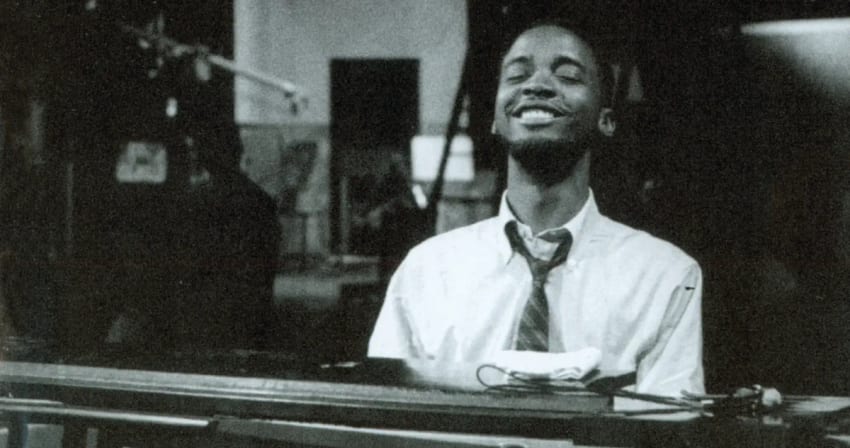Renowned Jazz Pianist Ahmad Jamal Has Died
The influential musician was 92 years old.
By Andy Kahn Apr 17, 2023 • 7:54 am PDT

Acclaimed jazz pianist Ahmad Jamal died at age 92. According to NPR, Jamal’s death on Sunday, April 16 in Ashley Falls, Massachusetts was confirmed by his daughter, Sumayah Jamal.
Ahmad Jamal was born Frederick Russell Jones in Pittsburgh on July 2, 1930. He was introduced to the piano at age 3 and was instructed by Mary Cardwell Dawson and later James Miller. At age 10 he was composing and orchestrating, and mastering works by Duke Ellington, Erroll Garner, Art Tatum, Franz Liszt and others.
The American Federation Of Musicians accepted Jamal’s membership at age 14, two years before the typical age requirement. He joined the George Hudson Orchestra and toured the country at age 17. In 1950, he converted to Islam and changed his name to Ahamad Jamal.
As noted by Jamal’s official biography, “He formed his own group in 1951 and with the help of John Hammond started his recording career with Okeh Records. That career has continued for over six decades and has resulted in one of the most successful recordings in the history of instrumental music, [At the Pershing: But Not for Me].”
Recorded at Chicago’s Pershing Lounge and featuring drummer, Vernell Fournier and bassist Israel Crosby, the 1958 live album At The Pershing presented Jamal’s arrangement of “Poinciana,” which became a signature of his repertoire.
Jamal was heralded for his spacious approach to playing piano and in 1994 was named a Jazz Master by the National Endowment For The Arts (NEA). He discussed his standout style during a 2007 interview with Molly Murphy for the NEA, stating:
“Well they call it space. They call it space. I call it discipline. It’s part of my discipline. And I acquired this discipline because of working so many configurations. I’ve played with every configuration known and unknown to man. I’ve played with just saxophone and piano, when I was growing up, no drums. Big orchestras, big bands, I grew up in big bands. I’ve played for singers, accompanying singers.
“So and then I had to become a leader, so I had to write, because 90 percent of my stuff was written. I used to sit and write for guitar, bass, and piano. My early recordings were written arrangements. Of course, there was a space there for improvisation and soloists. So I think what they’re hearing, I call it my discipline that I acquired over the years, a certain amount of holding back. You know it’s just like dynamics. I don’t think you can play loud all the time. I don’t think you can play soft all the time. And I don’t think you can play all the time. You have to respect what they call a rest, and you have to respect openness, as well. If it’s too congested, when it gets too complicated, something is wrong. I think I acquired that discipline that people call space over the years, because I’ve worked in so many configurations and I’ve been a leader a long time. I’ve had a group for 55 years.”
Jamal continued to record and perform throughout his career. His final album was 2019’s Ballades, which was recorded during sessions for his 2016 album, Marseille.
Among the honors bestowed upon Jamal include a Grammy Lifetime Achievement Award, the Kennedy Center Legend Award and others. Jamal was given an Honorary Doctor of Music degree from the New England Conservatory Of Music, which proclaimed:
“Ahmad Jamal, Jazz pianist, one of foremost leaders of small ensembles. An innovative great who drew from and influenced idioms from the big band era to bebop to cool jazz to electronic styles. An American Jazz Master who inspired such important figures as Miles Davis, McCoy Tyner, and Herbie Hancock. Renowned for his exquisite touch, profound grace, and mercurial improvisational choices. For seven decades he’s been sharing his inimitable and unique voice with jazz lovers the world over.”
